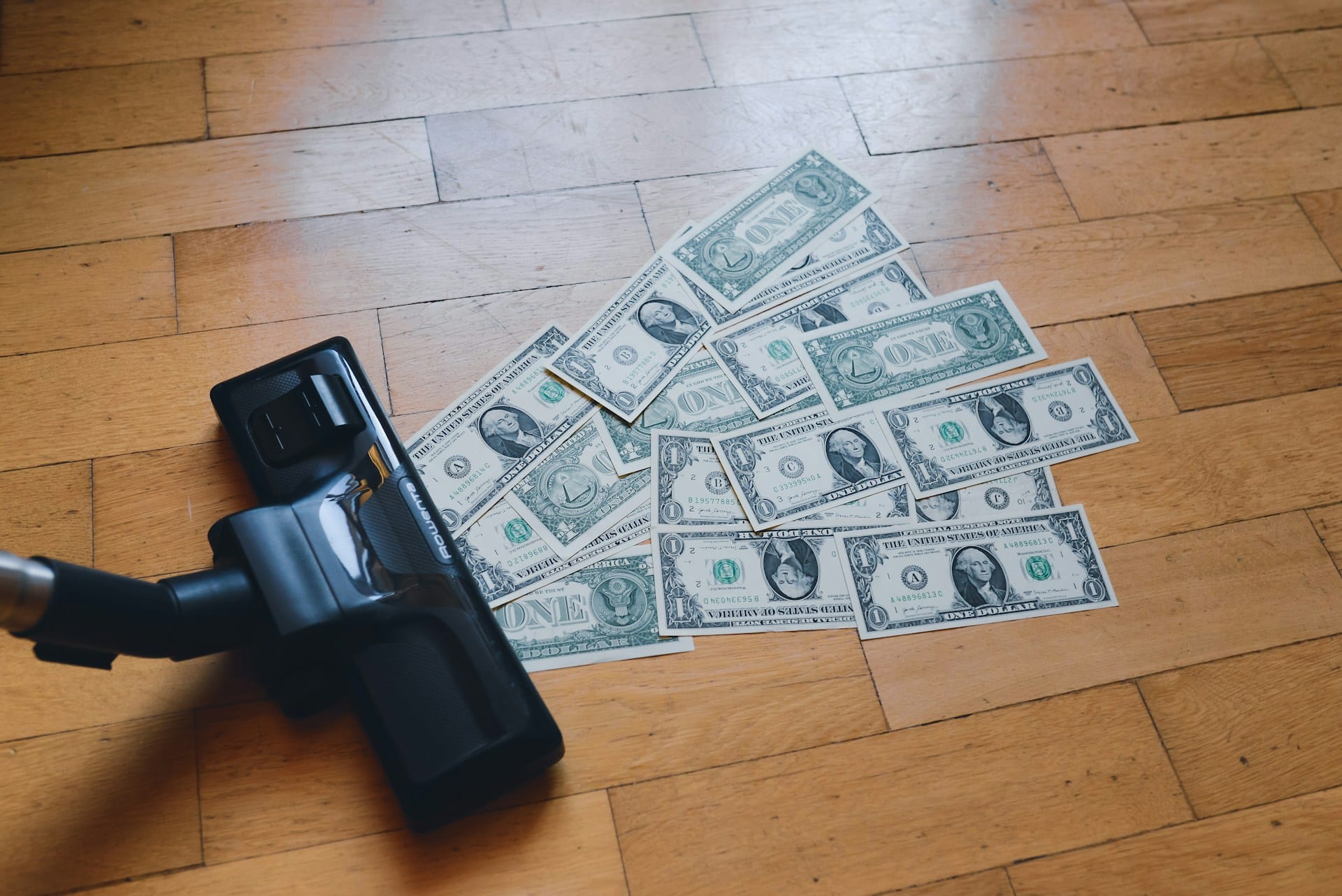The $2 trillion Coronavirus Aid, Relief, and Economic Security (CARES) Act promises billions of dollars to save U.S. airlines but Delta Air Lines (DAL) CEO Ed Bastian says the hard part has yet to come.
“It’s important to remember that the relief package is not a cure for the unprecedented challenges we face,” Bastian wrote Delta’s 90,000 employees. The memo he sent to all of Delta’s employees spells out the “several steps” still needed to protect airline jobs. That has included cutting capacity, grounding airplanes, and offering employees voluntary leaves of absence.
The CARES Act provides $25 billion dollars in grants to the nation’s airlines to cover salaries. In return the airlines have promised not to layoff employees or cut wages through September 30.
The Association of Flight Attendants (AFA), which represents 50,000 flight attendants at 20 airlines, praised the bill saying jobs were saved but more needs to be done. The Treasury Department still has to outline how the money will be dispersed to the airlines. The AFA points out the grants, which the airlines do not have to pay back, “will save hundreds of thousands of jobs and will keep working people connected to our health care especially important during this pandemic.”
Bastian thanked flight attendants and all of Delta’s employees who have remained on the job as the COVID-19 crisis grounded almost two-thirds of the airline’s fleet. “You are doing important work ensuring the safety of our customers when they fly and we’re taking every step to keep you healthy and protected while working,” he wrote in the memo to employees.
United Airlines CEO Oscar Munoz and President Scott Kirby issued a press release saying the COVID-19 crisis is “far worse than even the aftermath of 9/11.” United says the $25 billion in grants and another $25 billion in loans that will be made available to all the airlines, “buys us time to adapt to this new environment and assess how long it will take our economy to begin to recover.” Munoz and Kirby assure United’s employees there will be no furloughs or pay cuts through September 30.
Kirby will replace Munoz as CEO in May and says the real work is just beginning. United has already cut its April schedule by 60%, “and we expect our load factors to fall into the teens or single digits even with 60% less capacity,” he said. United is also planning to make deeper cuts to its schedule in May and June.
The trade group Airlines for America lobbied Congress to pass the CARES Act. It says before the COVID-19 crisis, U.S. airlines were transporting 2.5 million passengers and 58,000 tons of cargo daily. “Today, carriers are burning through cash as cancellations far outpace new bookings,” the group said. It sited TSA data that showed only 204,000 passengers were screened at airports nationwide Thursday.
American Airlines (AAL) CEO Doug Parker sent a video message to his 130,000 employees after the Senate passed the stimulus bill Thursday. “The question I keep hearing from my team is are we going to be okay,” he says in the video. “I am happy to report the answer to that question is yes.”
Parker points out that the terms of the loans the Treasury Department will make to the airlines remains uncertain. “But we know the government values what we do as an essential service, and they are committed to helping us keep our team flying through — and eventually out of — this crisis,” he said.
The watchdog group Taxpayers for Common Sense warns the $2 trillion legislation requires transparency and accountability. “When it comes to economic assistance to the private sector, most of the decisions about how the money will be allocated could be written as TBD,” the organization said. The group worries the White House will choose winners and losers as the money is dispersed.











Get Social